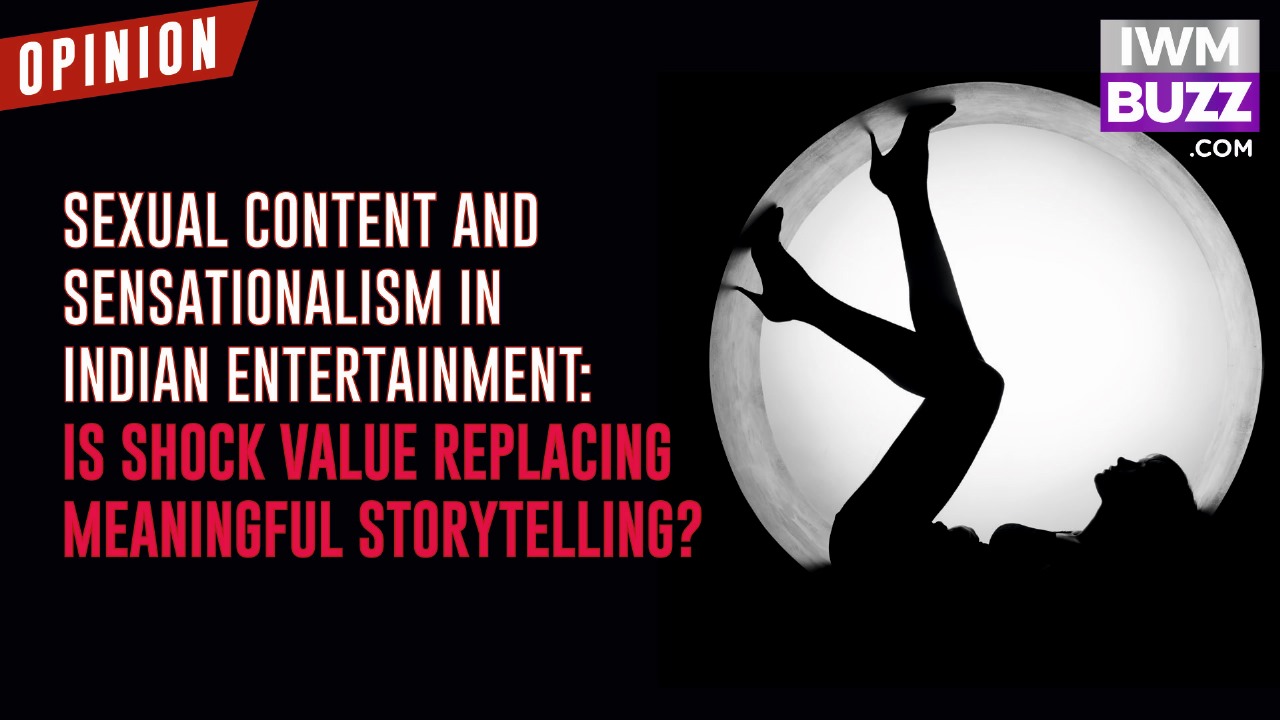In recent years, Indian entertainment has taken a nosedive into the murky waters of sensationalism and sexual content, where shock value seems to reign supreme over meaningful storytelling. A recent alleged case against producer Ekta Kapoor and her mother, Shobha Kapoor, for allegedly depicting inappropriate scenes involving minors in “Gandi Baat Season 6,” prompts a glaring example of this troubling trend. Filed under the POCSO Act, this case underscores a broader issue: are we losing the essence of what cinema and web series can truly portray in favour of titillation and outrage?
Let’s face it: the Indian audience has been served a veritable buffet of crassness disguised as creativity. The streaming landscape is now littered with shows that prioritise the audacious over the authentic. In a desperate bid to grab eyeballs, creators have seemingly traded in the art of storytelling for the quick thrill of salacious content. “Gandi Baat” isn’t an isolated case; it’s merely the poster child for a genre that has made sexualization its calling card.
In a country where a kiss can spark outrage, it seems the shock factor has been weaponized to draw attention, regardless of the ethical implications.
But what do we get in return for this superficial engagement? An endless parade of half-baked plots featuring characters who are more caricature than creation. The essence of storytelling—nuance, depth, and relatability—has been sacrificed on the altar of viewer retention. The irony is rich: while creators like Kapoor might be striving for relevance in a saturated market, they are ironically rendering their content irrelevant by stripping it of any meaningful substance.
Let’s turn our gaze to films that once celebrated storytelling and social commentary. Movies like “Pyaasa” and “Masoom” engaged audiences not with shock but with heart, exploring themes that resonated across generations. Today, a quick scroll through streaming platforms reveals titles that would make even the most jaded viewer cringe. We have moved from the poetic to the pornographic, from storytelling to sensationalism, all in the name of entertainment.
This trend extends beyond just one series or producer; it’s a symptom of a deeper malaise within the industry. The narratives have been reduced to formulaic plots with a heavy reliance on explicit content to keep the audience engaged. The sheer volume of sexualized content can lead one to wonder: Is this what viewers truly want? Are we as an audience so starved for entertainment that we willingly consume this drivel?
The consequences are twofold. Not only does this barrage of sensationalism dull the public’s appetite for nuanced narratives, but it also sets a troubling precedent for upcoming filmmakers. Aspiring storytellers might feel pressured to choose the path of least resistance—creating shock-driven content rather than investing in the hard work of crafting thoughtful stories.
In this era of fleeting attention spans and viral moments, it is high time we reassess our consumption habits. We must demand more from our creators and, in turn, from ourselves.
Let’s not allow shock value to replace the art of storytelling.
While the thrill of the taboo may be momentarily enticing, it is the deeper connections forged through authentic narratives that will leave a lasting impact. After all, what’s more shocking than a story that truly resonates?

